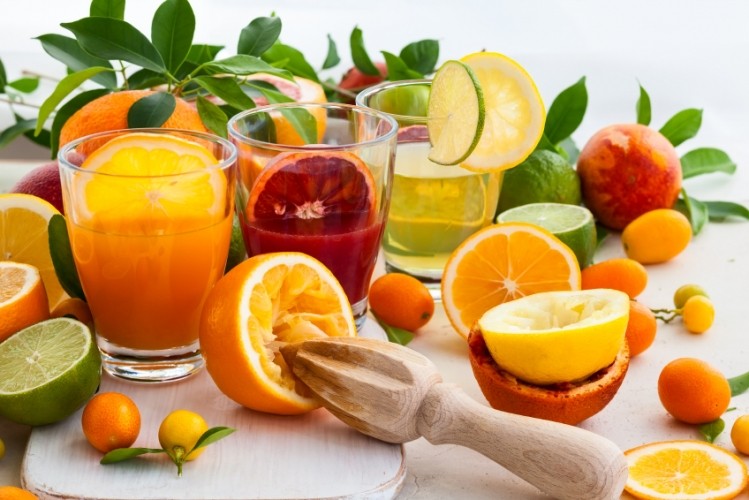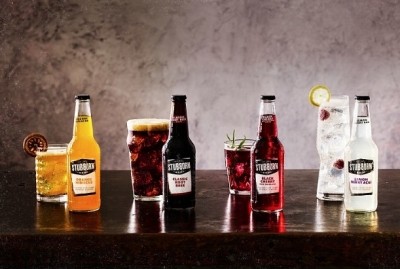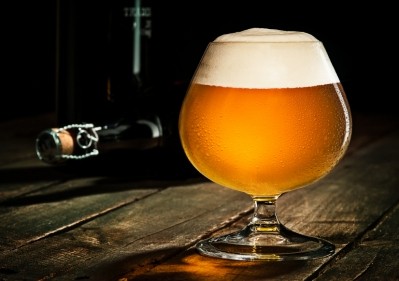Lessons from craft: What the movement tells us about today’s consumers

Craft attributes can be seen in categories from juices to tonic water, showing that consumers value themes of authenticity and differentiation across all beverages, he says.
Hall will be speaking at Zenith's events in New York on December 14-15.
From fruit juices to tonic water
Craft beers are well established: but the definition of ‘craft’ in other beverage categories is only emerging, Hall told BeverageDaily.
But that doesn’t mean that the trend (which can refer to artisan production, a sense of place, use of different or natural ingredients, and entrepreneurialism) is not present in these sectors.
“It could be said that lots of smoothies, juices and functional drinks have similar features to craft – they just haven’t been described as such,” said Hall.
“Bottled waters may come from a local or specific region, but the word ‘craft’ has never been associated with them. And some would argue that beers in Belgium and Germany have never stopped being craft.”
Hall uses the example of innocent: the UK juice and smoothie company that may not be described as craft but nevertheless is built on similar attributes. Entrepreneurs sold the first products at a music festival, the brand uses natural ingredients, and embraces a distinctive, light-hearted tone in its branding.
Meanwhile, premium tonic water brand Fever-Tree differentiates itself from other brands with what it describes as an ‘intrepid attitude to sourcing quality botanicals.’
These brands have similar characteristics to craft: with provenance, quality and personality, said Hall.
Relating to individual consumers
Hall said the emergence of ‘craft’ as a recognised trend is important because it summarises the features today’s consumers are looking for.
“One could argue that the first beers and first colas were craft products. Craft is more of a change of perception than a total, radical change.
“The word ‘craft’ represents the emerging themes of local, authentic, a sense of belonging, shared values, wanting something more special, and discovering something that relates to you individually. All this is increasingly important to consumers in our industrial world.
“What is really different [today] is there is a new wave of entrepreneurs creating start-ups and early stage businesses with these characteristics.
“It may be that craft is something that was always there – but there is definitely a new wave of entrepreneurs and new businesses with a fresh take.”
Zenith International is hosting two events in New York this month. Beverage Digest – Future Smarts takes place on December 14, focusing on the US beverage industry. WorldWideBev follows on December 15, looking at the broader global picture in order to help US manufacturers who are interested in export opportunities.
Speakers come from companies including Coca-Cola, PepsiCo, Kantar WorldPanel, Rabobank International and SodaStream.







